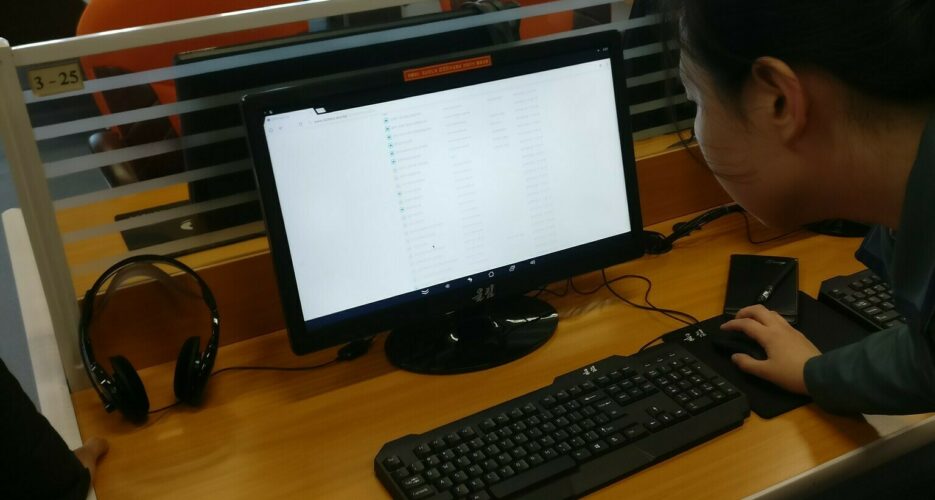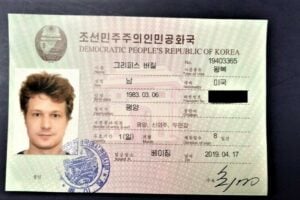Individuals in the North Korea research and policy community have in recent weeks been targeted by several phishing campaigns designed to obtain passwords and other personal information.
NK News is aware of at least three email addresses which have been used to send correspondence with malicious links or attachments to people working in the North Korea field, including one belonging to this journalist.
Individuals in the North Korea research and policy community have in recent weeks been targeted by several phishing campaigns designed to obtain passwords and other personal information.
NK News is aware of at least three email addresses which have been used to send correspondence with malicious links or attachments to people working in the North Korea field, including one belonging to this journalist.
Become a member for less than $4 per week.
Unlimited access to all of NK News: reporting, investigations, analysis
The NK News Daily Update, an email newsletter to keep you in the loop
Searchable archive of all content, photo galleries, special columns
Contact NK News reporters with tips or requests for reporting
Get unlimited access to all NK News content, including original reporting, investigations, and analyses by our team of DPRK experts.
Subscribe now
All major cards accepted. No commitments – you can cancel any time.










